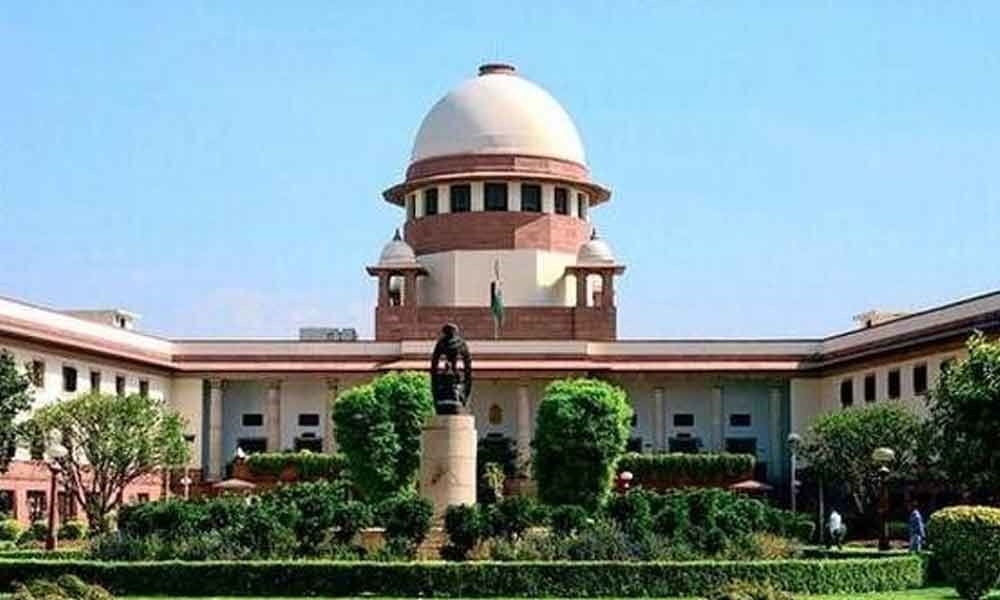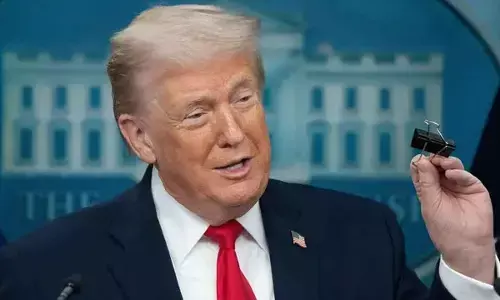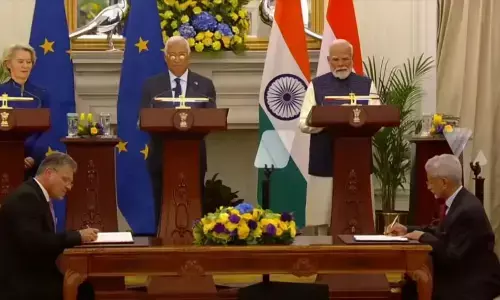SC backs states on compulsory rural service of doctors

The Supreme Court has ruled that doctors across the country are bound by the compulsory bonds executed by them at the time of their admissions in post-graduate and super-speciality medical courses.
New Delhi: The Supreme Court has ruled that doctors across the country are bound by the compulsory bonds executed by them at the time of their admissions in post-graduate and super-speciality medical courses.
Describing the move as in the larger public interest and beneficial for deprived sections of society, the top court ruled in favour of the policy of various state governments to have compulsory bonds to be executed by the doctors before their admissions to PG and super speciality courses.
A bench, headed by Justice L Nageswara Rao, affirmed policies of states of Andhra Pradesh, Telangana, Goa, Gujarat, Himachal Pradesh, Karnataka, Kerala, Maharashtra, Odisha, Rajasthan, Tamil Nadu and West Bengal.
Compulsory bonds bind doctors with conditions to serve in their respective states for a certain fixed period in rural areas. The doctors' original mark-sheets, certificates and other documents are also usually retained by the state authorities after the completion of the speciality courses.
The apex court found objective behind the move as commendable and suggested that "suitable steps (may) be taken by the Union of India and the Medical Council of India to have a uniform policy regarding the compulsory service to be rendered by the doctors who are trained in government institutions."
In a batch of petitions, the Association of Medical Super Speciality Aspirants and Residents and others had challenged the state governments' regulations that imposed a condition of compulsory service for a minimum fixed period with the state.
Doctors complained that such a condition violated the right of an individual to carry on his profession, amounted to 'forced labour' in violation of their constitutional right and would impede the progress of their careers.
The doctors challenged the legal sanctity of these bonds and sought their quashing.
All these contentions were, however, rejected by the Supreme Court, which held that "all the doctors who have executed compulsory bonds shall be bound by the conditions contained therein."
It noted that while huge infrastructure has to be developed and maintained for running medical colleges with post-graduate and super speciality courses, the amount of fees charged from students is meagre in comparison to private medical colleges, apart from the fact that reasonable stipend also has to be paid to these doctors.
"Above all, the state governments have taken into account the need to provide healthcare to people and the scarcity of super specialists in their states. Consequently, a policy decision taken by the state governments to utilise the services of doctors who were beneficiaries of government assistance to complete their education cannot be termed arbitrary," held the bench.
It emphasised that while balancing communitarian dignity vis-à-vis the dignity of private individuals, the scales must tilt in favour of communitarian dignity.
"The laudable objective with which the state governments have introduced compulsory service bonds is to protect the fundamental right of the deprived sections of society guaranteed to them under Article 21 of the Constitution of India. The contention of the appellants that their rights guaranteed under Article 21 of the Constitution of India have been violated is rejected," it said.
The immediate need of the deprived sections of society to receive proper healthcare was the reason behind the governments' policy decision, said the bench, adding "the objective of the policy is to ensure that specialist health care is extended to the have-nots also."
The court said that doctors who are required to work for a short period on a decent stipend, cannot complain that they are made to perform 'forced labour', especially after they have taken an informed decision to avail the benefits of admission in government medical colleges and received education at subsidised cost.
"There is no doubt the condition that is imposed has a connection with the professional activity of a doctor on completion of the course.
However, the appellants have, without any protest, accepted the admissions and executed the compulsory bonds. Execution of bonds is part of a composite package," it stated.

















